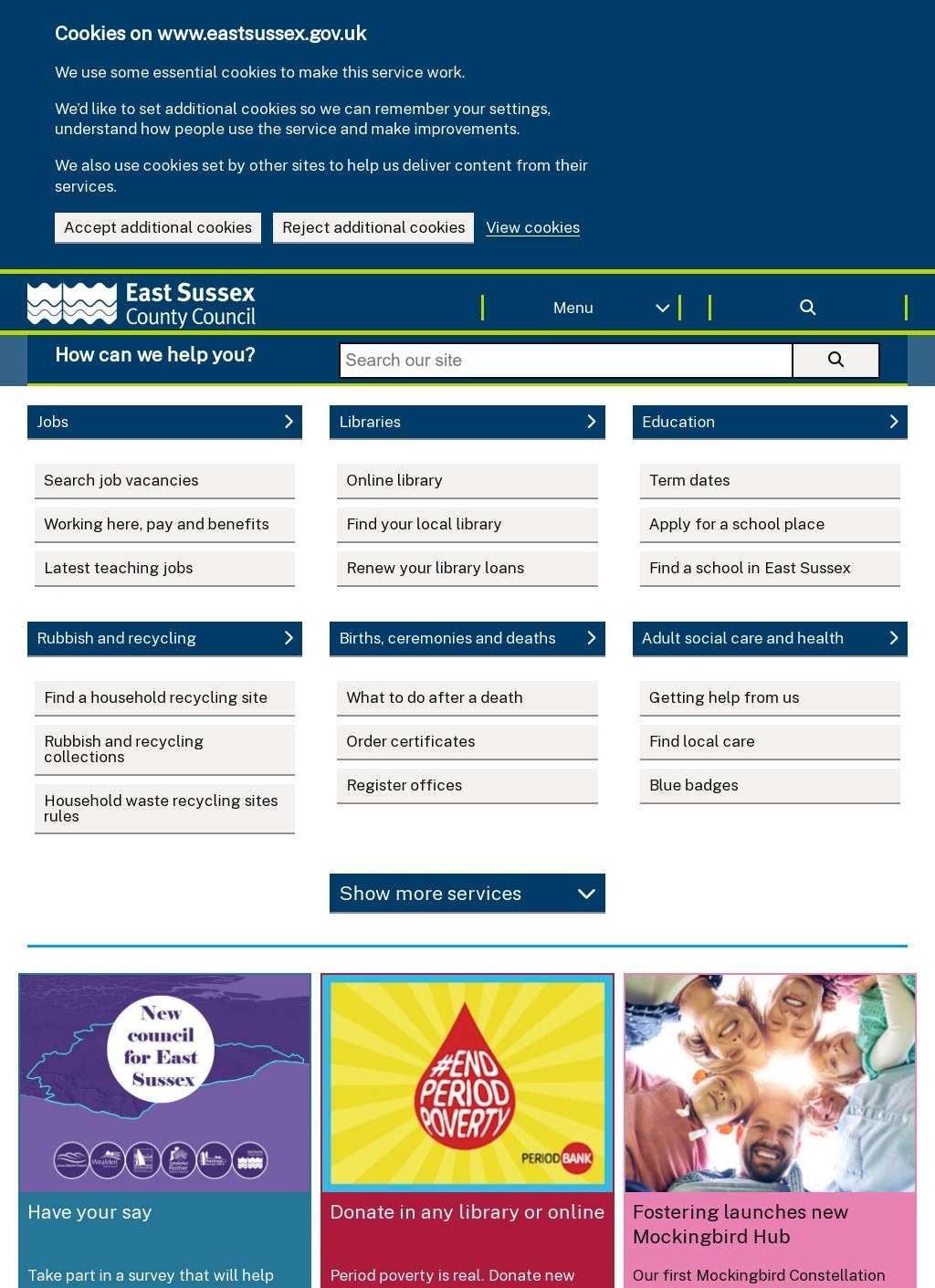East Sussex County Council serves as the principal local government authority for the non-metropolitan county of East Sussex, delivering essential services to over 500,000 residents across a diverse region stretching from the urban centres of Eastbourne and Hastings to the rural expanses of the Weald and South Downs. Operating from its headquarters at County Hall in Lewes, with additional offices in Eastbourne and Hastings, the council manages a complex portfolio of county-level services including adult social care, children's services, education, highways maintenance, public health, libraries, and strategic planning. As one of the largest employers in the region with over 3,000 staff, the council plays a pivotal role in shaping East Sussex's future whilst managing an annual budget exceeding £400 million.
The council's economic development initiatives demonstrate strategic thinking about East Sussex's future prosperity. Working in partnership with Brighton & Hove City Council and West Sussex County Council, East Sussex successfully secured Local Visitor Economy Partnership (LVEP) status from VisitEngland, recognising tourism's vital contribution to the local economy – worth over £5 billion annually and supporting 74,000 jobs. Business support programmes delivered through the East Sussex Business Hub include 'Ready To Grow' for early-stage businesses and 'Big Ambitions' for expanding enterprises, funded through the UK Shared Prosperity Fund. The council also facilitates major infrastructure projects, including partnerships with companies like Balfour Beatty for highways management, and ambitious plans for strategic sites that could drive future economic growth.
Education and children's services represent core responsibilities, with the council overseeing state education provision across the county and providing comprehensive social care services for young people. Adult social care consumes the largest portion of the council budget, reflecting demographic pressures from an ageing population. The council delivers these services through a combination of directly provided care, commissioned services from private providers, and partnership arrangements with NHS bodies. Public health responsibilities transferred from the NHS in 2013 add another dimension to the council's health and wellbeing remit, focusing on prevention and population health improvement through initiatives like the Wellbeing at Work programme that recognises employers committed to healthier workforces.
Infrastructure and environmental stewardship form crucial elements of the council's responsibilities. The highways network presents particular challenges in East Sussex, with no motorways and limited dual carriageways creating congestion issues on routes like the A27 trunk road. The council maintains thousands of miles of roads, manages an extensive Rights of Way network popular with walkers and cyclists, and oversees countryside sites that balance public access with conservation needs. Climate change action has become increasingly central to council operations, with strategies addressing both mitigation and adaptation whilst supporting communities through the transition to net-zero emissions.
Community engagement and democratic accountability underpin the council's operations. Following boundary changes in 2017, 50 councillors represent residents across various electoral divisions, though elections scheduled for May 2025 were postponed by government to allow consideration of alternative local government structures. The council operates a committee system for decision-making, with regular public meetings streamed online to enhance transparency. Consultation processes ensure resident voices influence major decisions, from budget priorities to service redesigns. The council also works closely with district and borough councils, parish councils, and numerous voluntary sector organisations to coordinate service delivery across administrative boundaries.
Financial pressures dominate current challenges, with the council reporting an £80 million budget deficit requiring difficult decisions about service provision. Rising demand for social care, inflationary pressures, and reduced government funding create a perfect storm of financial stress common to upper-tier authorities across England. The council has implemented various efficiency programmes and service transformations, including increased use of digital technology and partnership working to maintain service quality whilst reducing costs. Trading Standards successes, like recovering £60,000 from counterfeit goods traders, demonstrate how enforcement activities can both protect consumers and generate income.
Looking ahead, East Sussex County Council faces fundamental questions about its future structure and role. Government proposals for local government reorganisation could see significant changes to how services are delivered, potentially through unitary authorities combining county and district functions. Whatever structural changes emerge, the council's fundamental purpose – improving outcomes for East Sussex residents – remains constant. Key priorities include building resilience in communities, driving sustainable economic growth, protecting vulnerable residents, and making best use of limited resources. Through maintaining strong partnerships, embracing innovation, and staying focused on resident needs, East Sussex County Council continues adapting to meet 21st-century challenges whilst preserving what makes the county special.
